I have a small access program that is exporting data to a csv. The csv needs to have field headers that include #'s. However when I export using VBA:
DoCmd.TransferText acExportDelim, "ThisExport", "GeneralQuery", "C:\ThisFile\data.csv", True
It changes the #'s into .'s:

